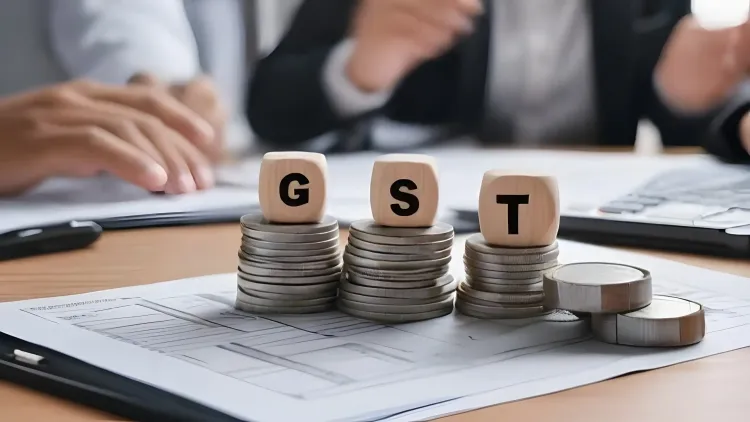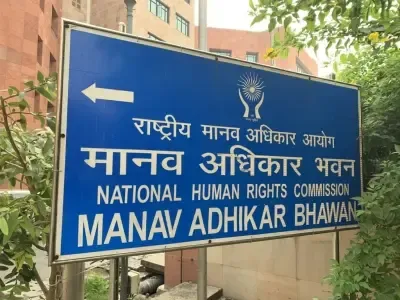How Will GST Reforms Enhance Nagaland's Economy?

Synopsis
Key Takeaways
- The GST rate on key products has been reduced to 5 percent, benefiting local producers.
- Handloom shawls and textiles will see improved market competitiveness.
- The tourism sector will become more affordable for visitors.
- Expected cost reductions will enhance artisan incomes.
- Nagaland coffee is gaining international market recognition.
New Delhi, Oct 15 (NationPress) Recent reforms in the GST have lowered the tax rate to 5 percent for essential agricultural and artisanal commodities in Nagaland. This change significantly influences affordability, competitiveness, and market access for local producers and entrepreneurs, as stated by the government on Wednesday.
Beneficiaries include the state’s coffee farmers, handloom artisans, bamboo craftsmen, and hospitality providers, all of whom can expect enhanced pricing competitiveness. These reforms are anticipated to fortify Nagaland’s cultural and ecological heritage, according to an official announcement.
Handloom products, notably GI-tagged Chakhesang shawls from Kohima, Phek, and Dimapur, will benefit from increased market competitiveness. The GST adjustment will elevate the incomes of weavers and support women artisans.
With the GST on handloom shawls and textiles dropping from 12 percent to 5 percent, products priced at up to Rs 2,500 will now be roughly 6.25 percent more affordable, boosting the earnings of around 44,000 weavers.
This sector is predominantly led by women, with weavers operating on home-based looms and functioning as micro-enterprises.
The tourism sector, including tour services, hotels, and homestays in Kohima, Dimapur, and Kisama, is also poised to become more accessible. Thanks to the reduction in GST on hospitality services from 12 percent to 5 percent, hotel rooms priced up to Rs 7,500 are projected to decrease by around 6.25 percent.
Nagaland’s bamboo and cane industry employs roughly 13,000 individuals. With the GST on furniture and handicrafts reduced from 12 percent to 5 percent, prices are expected to lower by 6.25 percent, enhancing affordability and artisan incomes.
Approximately 2,200 registered coffee growers will see benefits from the GST reduction on roasted beans from 12 percent to 5 percent and on coffee extracts from 18 percent to 5 percent. These changes are projected to cut overall costs by 6.25 percent to 11 percent.
Nagaland coffee has successfully established a market presence in regions such as South Africa, Bahrain, UAE, Germany, Italy, Netherlands, and various Southeast Asian countries, as noted in the release.









